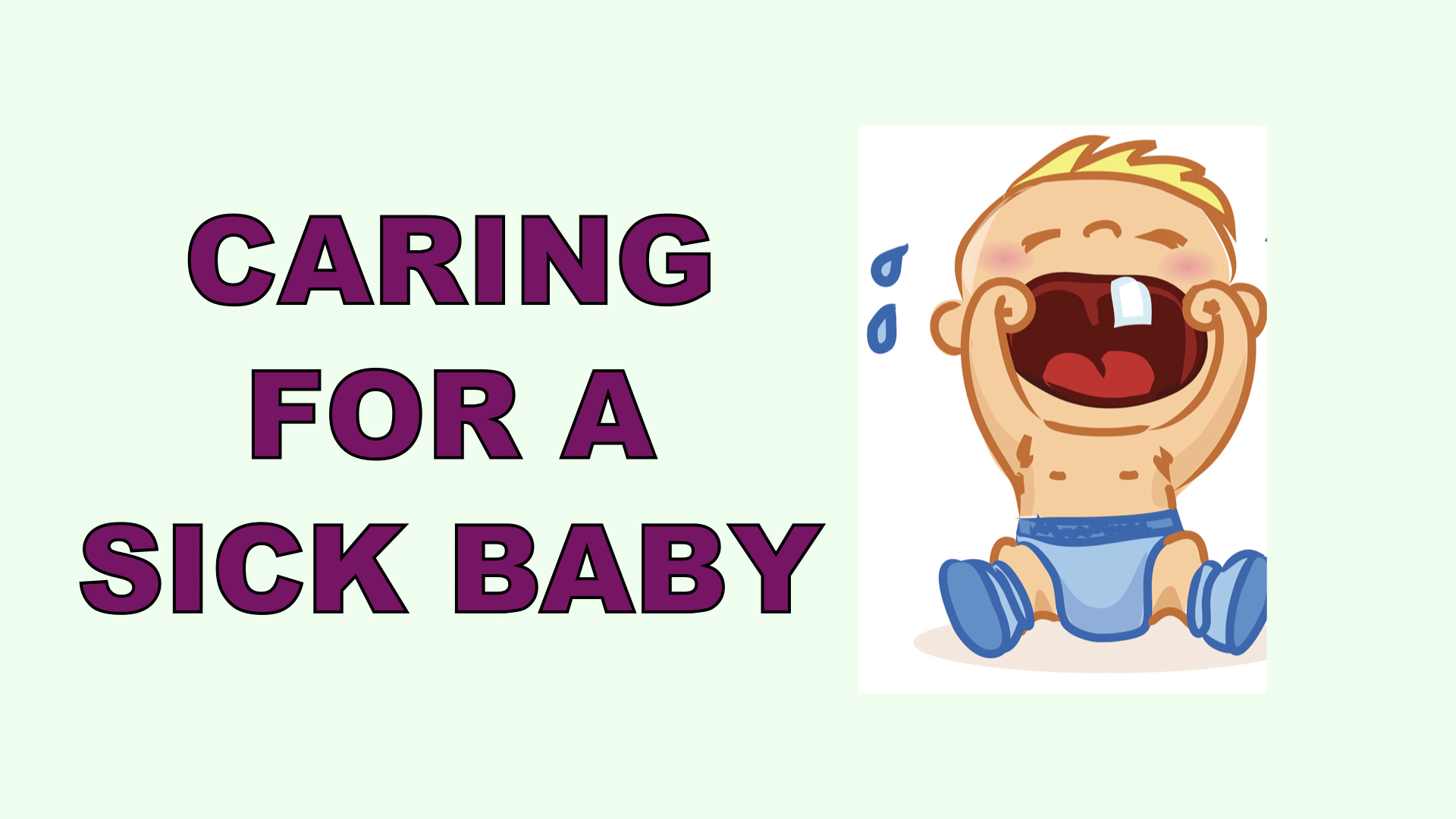Note: I’m not a doctor—just a parent-to-be trying to prepare for all the “what ifs.” This post shares what I’ve learned through research and expert resources, but it’s not medical advice. Always call your pediatrician or a medical professional if you’re concerned about your baby’s health.
I’ll be honest: one of my biggest fears about becoming a parent is the day my baby gets sick for the first time. The thought of a tiny sniffle or a high-pitched cry sends my imagination into panic mode.
So I’ve been learning ahead of time what to expect and how to stay calm if and when that day comes. Because I know the calmer I am, the better I’ll be able to help my baby.
Here’s what I’m putting into my mental toolkit (and diaper bag).
1. Know the Most Common Newborn Illnesses
First things first, I’m learning to spot what’s common (and not always an emergency):
- Congestion or stuffy nose – often due to dry air or mild colds
- Fever (100.4°F / 38°C or higher) – this is serious in babies under 3 months
- Cough or sneezing – could be a cold, or just clearing the airways
- Rash – many newborns get harmless rashes like baby acne or heat rash
It’s helped to remind myself that babies can get sick and still be okay—especially with the right care and quick action when needed.
2. Know When to Call the Doctor Immediately
This part is key. I’m making a list (on paper and on my phone) of red flag symptoms that need a doctor’s attention ASAP:
- Fever of 100.4°F (38°C) or higher in a baby under 3 months
- Difficulty breathing or bluish lips/skin
- Extreme sleepiness or limpness
- Refusing to feed for multiple feedings
- Persistent vomiting or diarrhea
- Fewer than 6 wet diapers in 24 hours
If something feels off and I’m unsure, I’ve read that it’s always okay to call the pediatrician and ask. That’s literally what they’re there for and many have virtual visit options for quicker questions.
(Additional Reads: Safe Sleep Checklist and Newborn Survival Guide)
3. Build a Basic Baby Sick-Day Kit
I’m prepping a little “baby gets sick” box now so I don’t have to scramble later.
Here’s what I’m including:
- Infant thermometer (digital rectal for most accurate readings)
- Nasal aspirator or bulb syringe
- Saline nasal spray
- Cool mist humidifier (we got this one for dry nose during pregnancy too)
- Infant Tylenol (but only use with doctor’s guidance)
- Extra burp cloths and soft tissues
Having this ready gives me a little peace of mind.
(Bonus Read: A lot of the above items and more can be seen in our Baby Registry Post)
4. Practice the “Call the Doctor” Script
This might sound silly, but I’ve written down a short checklist to help me stay calm during a call:
- Baby’s age
- Symptoms + when they started
- Temperature (if taken)
- How much they’ve eaten
- How many wet diapers in last 24 hours
Having this info handy will make the call smoother and help the doctor assess things quickly.
5. Stay Calm (Even If You’re Freaking Out Inside)
Babies pick up on our stress, and I want to be a steady presence—even if I’m panicking on the inside.
What I’m practicing:
- Deep breaths before taking action
- Reminding myself I’m doing my best
- Asking for help when I need it (from my partner, a friend, or a nurse hotline)
I’m not aiming for perfect. Just prepared.
Final Thoughts (From One Preparing Parent to Another)
Getting sick is part of life—and even though I wish I could protect my baby from everything, I know I can’t. But I can learn the signs, gather the tools, and remind myself I don’t have to handle it all alone.
We’ve got this. One step, one sniffle, one call to the pediatrician at a time.
Want to Read More from The Anxious Parent?
